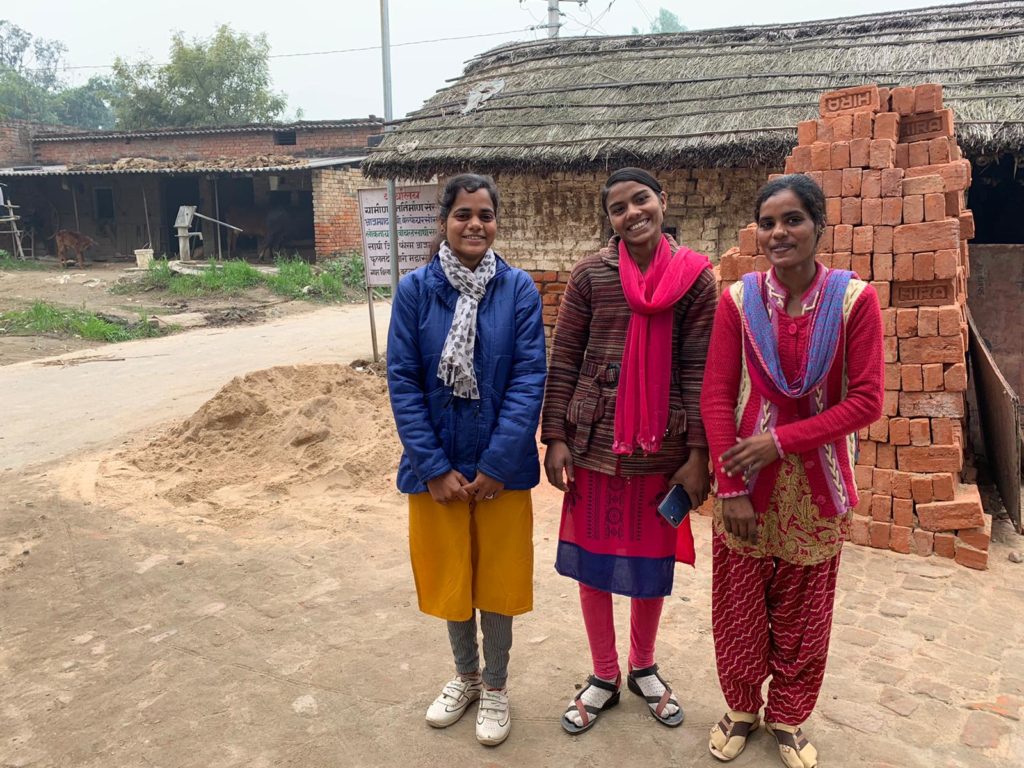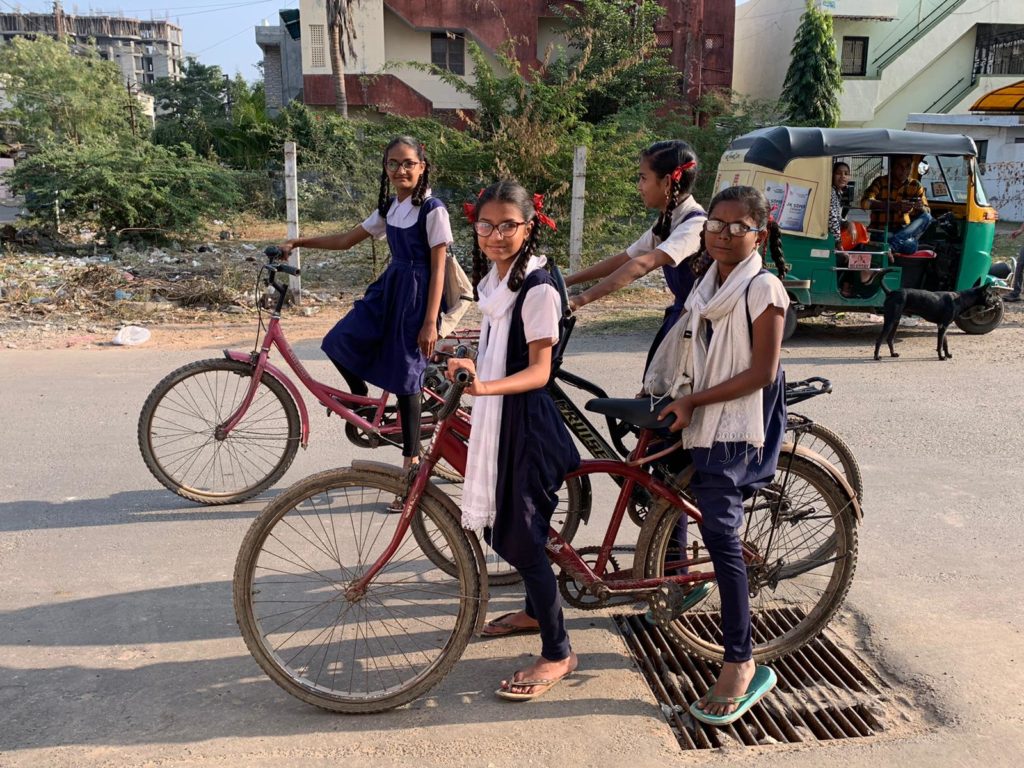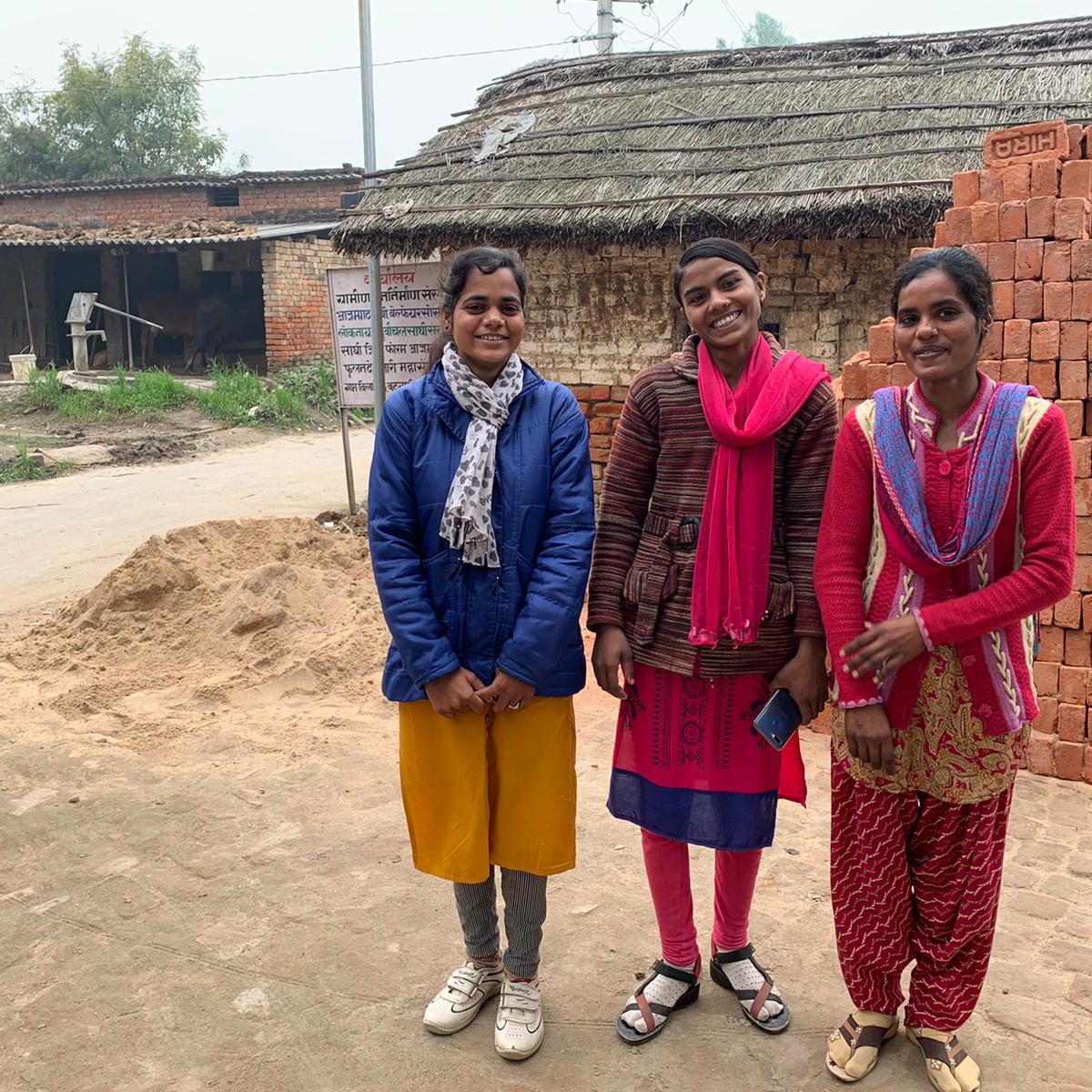
Blog
"I have always said that Shadhika’s ultimate work was to change the economic value of a girl."
Worth
By Kim Burnett, President and CEO
January 23, 2020
Reading Time: 5 minutesYou see them everywhere. Broken and discarded and thrown into the gutters. Used once, they no longer have value. These are India’s small, handmade clay tea cups, known as bhar, kulhar, or shikora. You find these cups at any street tea stall. Costing only a few rupees, the tea is sweet and milky. Just as their names vary by region, so do their shapes. Conical in Rajasthan, short and round in rural Azmargarh, with a small lip in Kolkata, each bears the mark of its native place. Thrown and baked by hand, each is unique with its own imperfections. I have become obsessed with them. Paying confused tea wallahs a few rupees just for the cup, not the tea, I have started a collection of them back home. As they are unglazed, they break quite easily, so I must carefully pack them in tissue and hand-carry them across the ocean with me.
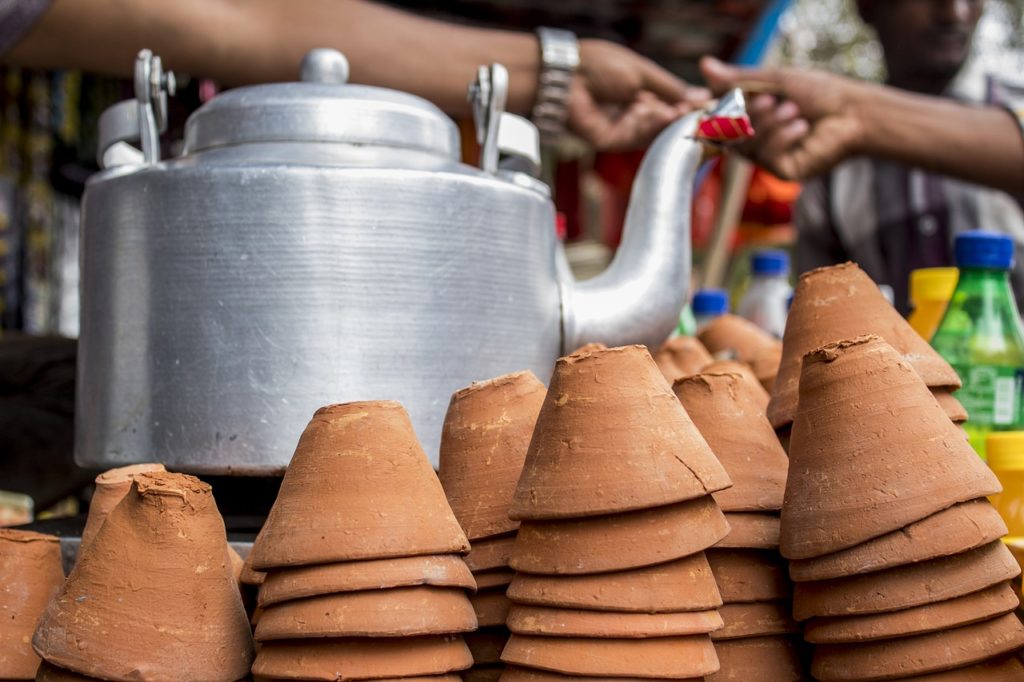
I am drinking from such a cup, as I reflect on this latest set of site visits to Shadhika’s partner sites in India and process the stories that tumble out of the young women we support. In every retelling, their stories feel rapid and urgent, as if their whole lives depend on our hearing.
They share stories of their new-found awareness to the unequal distribution of food in their homes and their fight for parity. “Why should I have to eat day-old food?” one asks. “I want my roti with clarified butter just like my brother gets.” At another visit, a young leader tells us about a training session led by our partner site, Milaan, where they were asked to set personal goals. Tears come to my eyes as she confesses she never thought of such a thing for herself, but now realizes, “I can have a personal goal.” She says this as if she’s been given the most rare of gifts. Others talk about deciding to pack their lunch from home and saving the 8 rupees they get from their mothers to pay for their future education. Everywhere we go, story after story flow out, each centered on their struggle to be seen, to have value. For someone to see them for who they are – unique and priceless.
In Mumbai, we meet with a group of Shadhika Alumnae, young women who have graduated from our college scholarship program and are now working in jobs in the formal economy. One is now a manager at a pharmacy, another works for a financial firm in downtown Mumbai, still another is now an organizer with our partner NGO, Vacha, and two have recently been hired by Shadhika itself. We talk about their new jobs and the impact of their journey on themselves, their family and communities. Each shares how they are using their wages to support their families. One is now the primary wage earner in her home, others are paying school costs for their siblings, still others have helped their family move to a larger home and buy a refrigerator, a washing machine and a TV. Two took half of their first paycheck and gifted it to Vacha to thank them for their support.
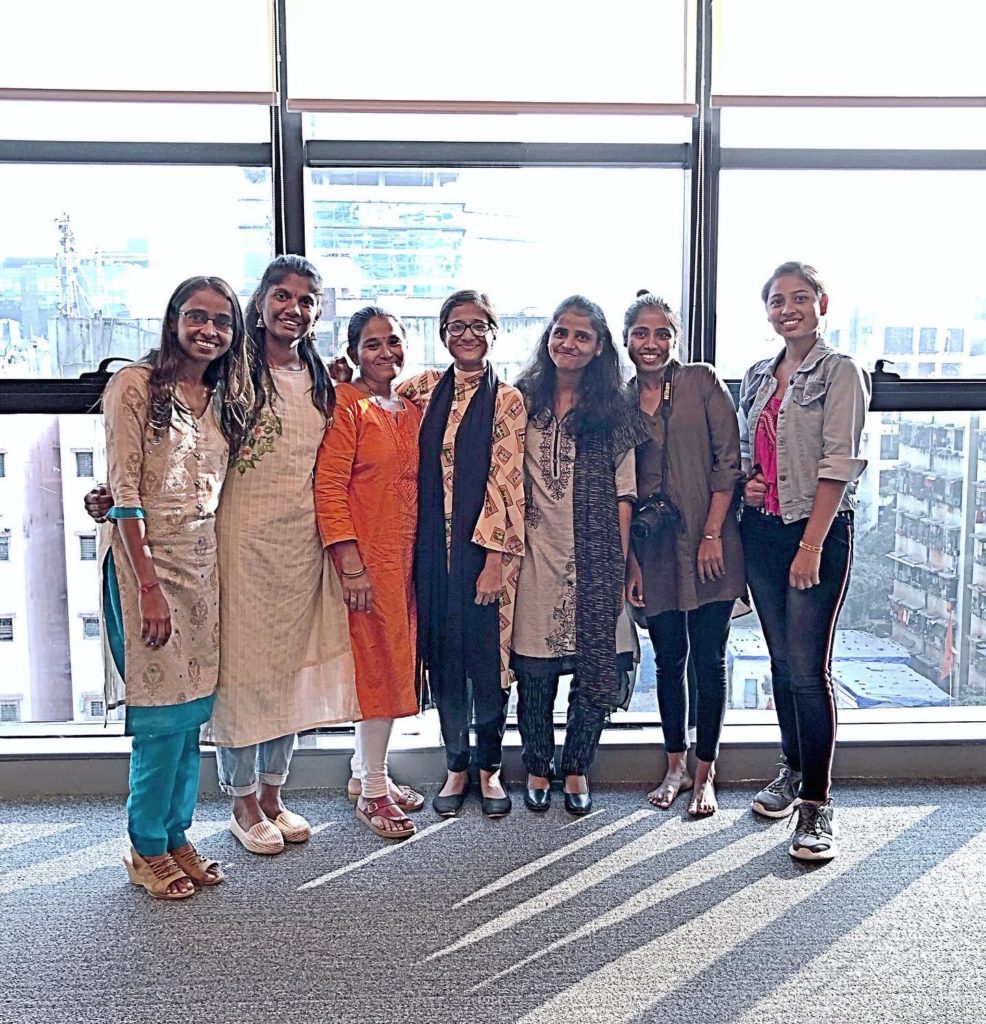
Their financial support and impact on their families has not gone unnoticed. One shares how, “because of us, in our village, people are now saving for a girls’ school, not her marriage.” I have always said that Shadhika’s ultimate work was to change the economic value of a girl. As I listen, it is clear this is happening. Whereas before sons were favored because it was thought only they could support their families, these young women are now breaking that stereotype.
As I finish my tea, I watch those around me finish theirs and toss their clay cups in the gutter, anxious to move on into their day. Quietly, I pull out my tissue. I carefully wipe my cup clean and place it into my bag. As I join the sea of others on the street, I smile, savoring my found, every-day treasure.
Read more
